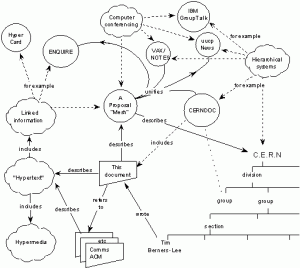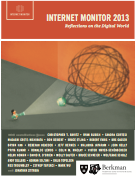“We cannot hope to record all the possible censorship-triggering events, so our understanding of what is or isn’t acceptable to the censor will only ever be partial. And of course it’s risky, even outright illegal, to probe the censor’s limits within countries with strict censorship and surveillance programs.
This is why the leak of 600GB of logs from hardware appliances used to filter internet traffic in and out of Syria is a unique opportunity to examine the workings of a real-world internet censorship apparatus….
At the recent ACM Internet Measurement Conference we presented ou rpaper detailing the relatively stealthy but targeted censorship system that we’d found from examining the logs.
Internet traffic in Syria was filtered in several ways. IP addresses (the unique addresses of web servers on the internet) and domain names (the URL typed into the address bar) were filtered to block single websites such as badoo.com or amazon.com, entire network regions (including a few Israeli subnets), or keywords to target specific content. Instant messaging, tools such as Skype, and content-sharing sites such as Metacafe or Reddit were heavily censored. Social media censoring was limited to specific content and pages, such as the “Syrian Revolution†facebook page.”
Lessons on censorship from Syria’s internet filter machines.



